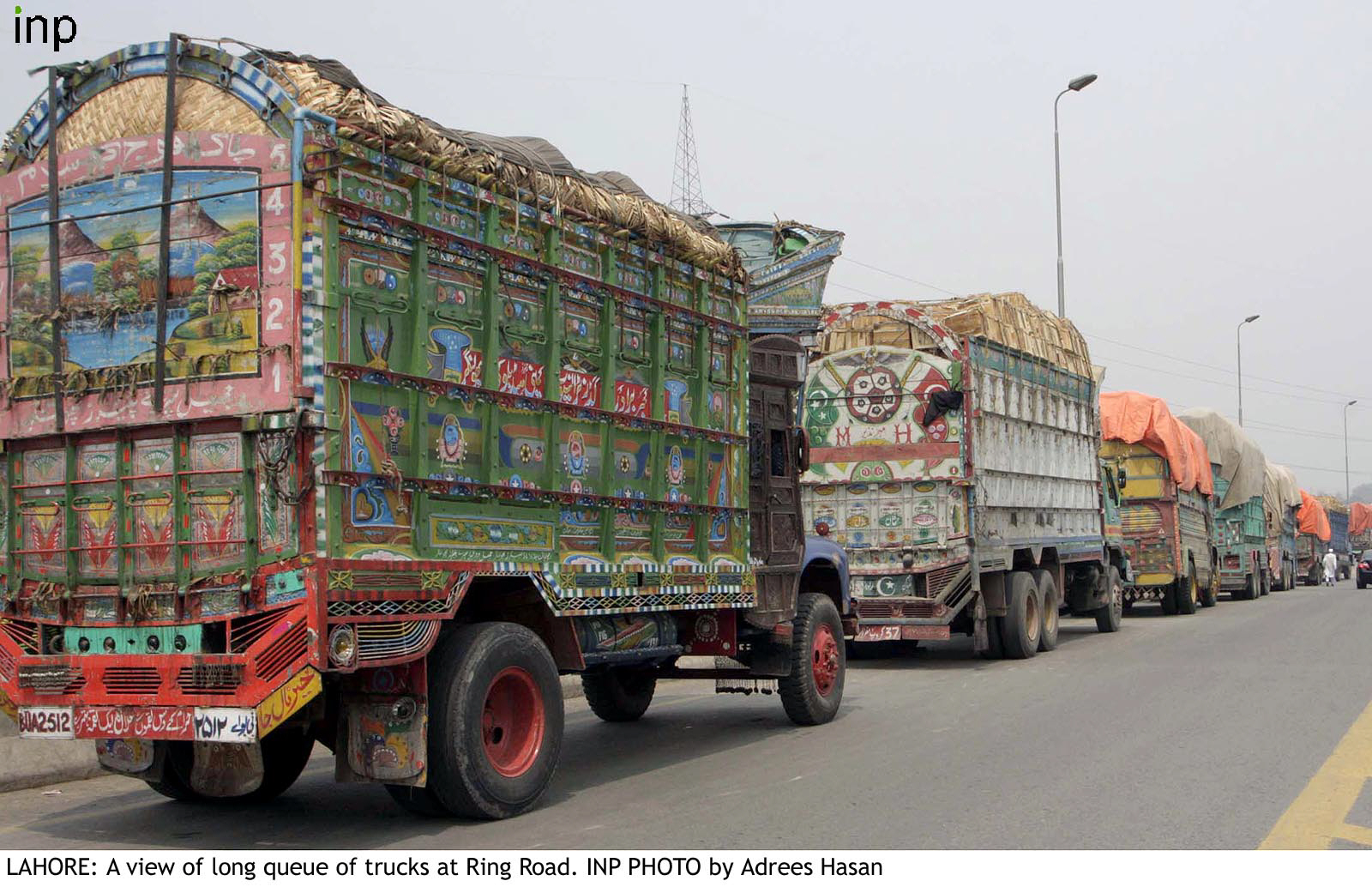Afghanistan's quest for expanded trade opportunities with India faces a persistent hurdle:Pakistan's refusal to allow Indian goods to transit its territory. This stance, despite repeated Afghan appeals, creates a significant obstacle for landlocked Afghanistan's economic development.
The issue centers on the Afghanistan-Pakistan Transit Trade Agreement (APTTA), a decades-old pact governing the movement of goods between the two countries. While the agreement permits Afghan exports to reach India via Pakistan, it specifically excludes Indian goods traveling in the opposite direction.
Pakistan justifies its position by citing security concerns and potential misuse of the transit route for smuggling. Additionally, Islamabad argues that the existing agreement already offers sufficient trade benefits for Afghanistan. Pakistan points to its facilitation of Afghan fruit exports to India through the Wagah border post as an example of its commitment.
However, Afghanistan and India see this as a missed opportunity. They argue that a more open trade route would significantly boost trade volumes and economic activity in the region. Increased trade could generate much-needed revenue for Afghanistan's war-torn economy and foster closer economic ties between Afghanistan and India.
Efforts to bridge the divide have been ongoing for years. Afghan presidents have pushed for India's inclusion in the APTTA, and international actors like the United States have encouraged dialogue. Yet, a breakthrough remains elusive.
One potential solution lies in the development of alternative trade routes. India has invested heavily in Chabahar port in Iran, which provides a sea route for trade with Afghanistan. However, this route is considerably longer and more expensive compared to the land route through Pakistan.
Another option could involve the development of regional trade agreements that encompass all three countries. Such agreements could address Pakistan's security concerns while providing a framework for facilitating trade between Afghanistan and India.
The future of Afghanistan's trade relationship with India hinges on Pakistan's willingness to reconsider its stance. Whether Pakistan prioritizes security concerns over the potential economic benefits of a more open trade regime is a question that will significantly impact Afghanistan's economic trajectory.

